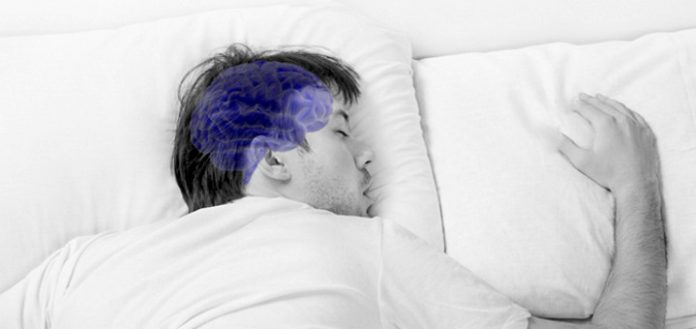Does Sleep Improve Memory?
Previous studies at Harvard Medical School demonstrated that quality sleep could help people improve their performance of ‘memory tasks,’ such as playing piano scales, but it wasn’t known exactly how or why this was happening. By using magnetic resonance imaging (MRI), it is possible to actually see which parts of the brain are active and which are inactive while subjects are being tested, enabling a better understanding of the role of sleep to memory and learning.
New memories are formed within the brain when a person engages with information to be learned (e.g. memorizing a list of words or mastering a piano concerto). However, these memories are initially quite vulnerable; in order to “stick” they must be solidified and improved. This process of “memory consolidation” occurs when connections between brain cells as well as between different brain regions are strengthened, and for many years was believed to develop merely as a passage of time. More recently, however, it has been demonstrated that time spent sleeping also plays a key role in preserving memory.
In this study, twelve healthy, college-aged individuals were taught a sequence of skilled finger movements, similar to playing a piano scale. After a 12- hour period of either wake or sleep, respectively, the subjects were tested on their ability to recall these finger movements while an MRI measured the activity of their brain.
According to study author Dr. Walker, the MRI results showed that while some areas of the brain were distinctly more active after a period of sleep, other areas were noticeably less active. But together, the changes brought about by sleep resulted in improvements in the subjects’ motor skill performance.
The end result is that procedural skills — for example, learning to talk, to coordinate limbs, musicianship, sports, even using and interpreting sensory and perceptual information from the surrounding world — become more automatic and require the use of fewer conscious brain regions to be accomplished.
Sleep Helps to Selectively Preserve Emotional Memories
A study by researchers at Harvard Medical School offers deeper insights into the specific components of memory and sleep, suggesting that sleep plays an important role in determining what we remember – and what we forget.
Emotional memories usually contain highly charged elements – for example, the car that sideswiped us on the ride home. “We were interested in examining whether sleep would affect memory for all of these elements equally, or whether sleep might allow some of the event features to decay at a faster rate than others.”
88 participants were shown scenes that depicted either neutral subjects on a neutral background (a car parked on a street in front of shops) or negatively arousing subjects on a neutral background (a badly crashed car parked on a similar street). The participants were then tested separately on their memories of both the central objects in the pictures and the backgrounds in the scenes. In this way, memory could be compared for the emotional aspects of a scene (the crashed car) versus the non-emotional aspects of the scene (the street on which the car had crashed.)
They were then divided into 3 groups. The first group underwent memory testing after 12 hours spent awake during the daytime; the second group was tested after 12 nighttime hours, including their normal period of nighttime sleep; and the third baseline group was tested 30 minutes after viewing the images, in either the morning or evening.
Results revealed that those who stayed awake all day largely forgot the entire negative scene [they had seen], with their memories of both the central objects and the backgrounds decaying at similar ratess, but among the individuals who were tested after a period of sleep, memory recall for the central negative objects (i.e. the smashed car) was preserved in detail.
After an evening of sleep, the subjects remembered the emotional items [smashed car] as accurately as the subjects whose memories had been tested only 30 minutes after looking at the scenes,” explains Kensinger. “By contrast, sleep did little to preserve memory for the backgrounds [i.e. street scenes] and so memory for those elements reached a comparably low level after a night of sleep as it did after a day spent awake.
Deduction: Telling your partner you love them just before going to sleep will have more impact!













